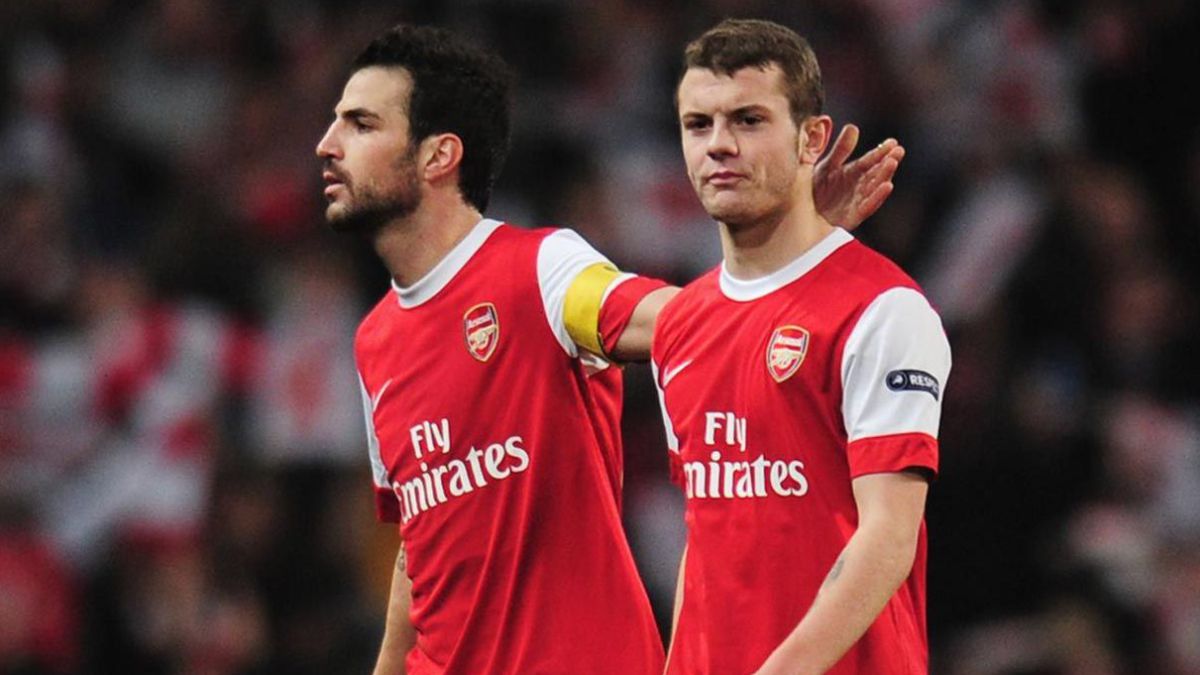Richard Ficker is one of the silent heroes of everyday life. With more than 100 blood donations, he is one of the “permanent guests” of the BRK readiness Eschenbach and is hoping for many “copycat criminals”.
Archive picture: rn
—
While 141 volunteers from Eschenbach and the surrounding area donated blood on January 26, 1988, the numbers have since declined significantly according to the records of the BRK readiness Eschenbach. From 104 on January 29, 1991 and 106 on January 16, 2001, they even decreased to 88 on January 18, 2011 and only 83 on January 19, 2016. On January 21, 2020, contrary to the trend, they rose again to 105 Blood donor. The on-call leaders Marina Bernhardt and Rudolf Morgenstern therefore appeal to young and old (from 18th to 73rd birthday) to set off again on Tuesday, January 19, to Eschenbach to collect blood that was already Johann Wolfgang von Goethe called “very special juice” to donate. Because in Bavaria alone around 2000 blood products would be required every day.
One hectolitre of blood was collected in Kemnath in 2018 at the donation date
It is also important to the organizers that blood donors can also register as stem cell donors in cooperation with the AKB. All that is required for registration is to remove an additional blood tube.
Markus Zimmermann, responsible for blood donation campaigns in the BRK district association Weiden-Neustadt / WN, also points out that you must bring an official photo ID (identity card, passport or original driver’s license) and the blood donation card with you when donating blood. Official photo identification is sufficient for first-time donors. Donors with flu or cold symptoms and people who have direct contact with coronavirus sufferers must stay at home. A mask is required for all of the appointments, emphasizes Zimmermann. The door to the Eschenbach school building is open for donors on Tuesday from 4.30 p.m. to 8 p.m. However, if a donor is still on the way home after 9 p.m. due to a possible longer waiting time, he can have a confirmation issued that allows the journey despite the curfew.
Zimmermann informs about the further “history” of the blood received at the donation appointment: “The blood donations are transported to Wiesentheid near Würzburg, where the blood is checked for diseases within 24 hours. Then the leukocytes, the white blood cells, are first filtered out. Although they fight pathogens in their own body, they can cause problems in foreign bodies. The blood donation service ultimately wins three preparations from one donation. A centrifuge separates the plasma from platelets and erythrocytes. In this way, every patient receives exactly the blood preparation that he needs. The blood can now be kept for 42 days. “
The Blood Donation Service (BSD) of the Bavarian Red Cross was founded in 1953 with the task of ensuring the supply of blood products in Bavaria. With its approximately 670 committed employees as well as more than 240 freelance medical examiners and around 12,500 volunteer helpers from the 73 district associations of the BRK, the BSD organizes around 4400 mobile and 1100 stationary blood donation appointments annually.
–


